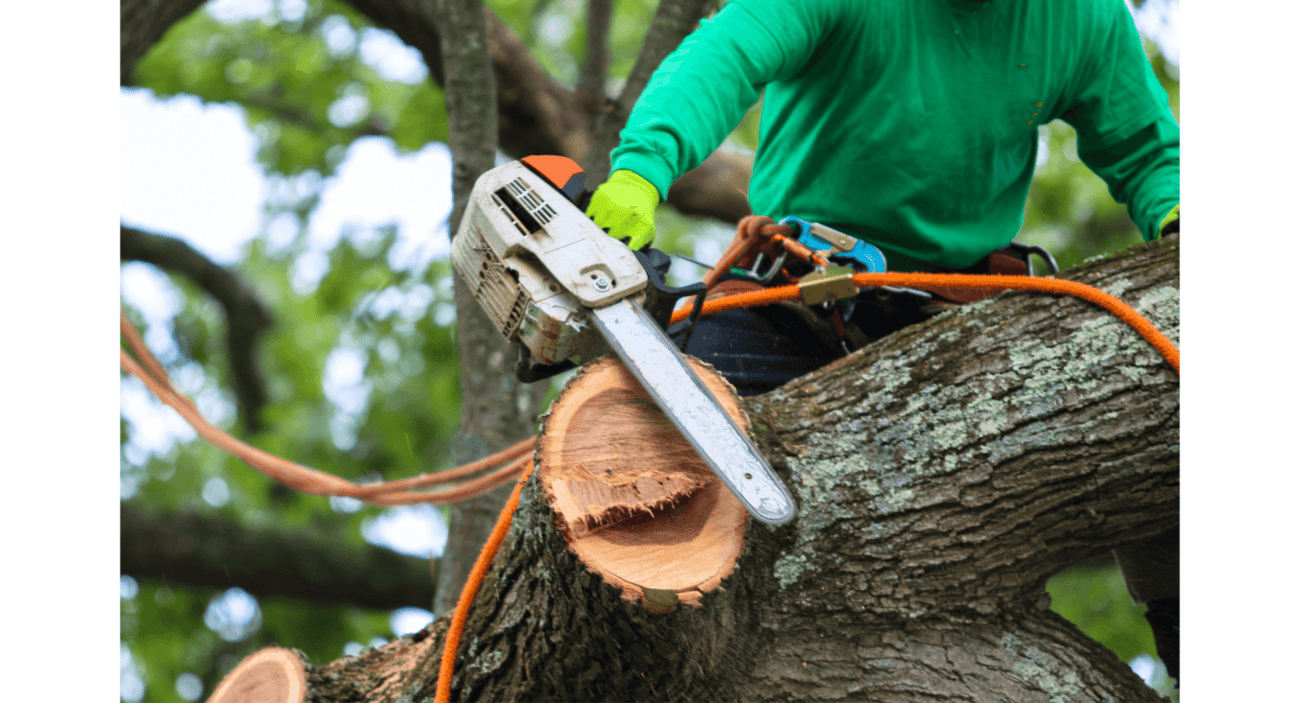- Everyday Sounds That May Be Making Your Tinnitus Worse - May 7, 2025
- The Hidden Dangers of Everyday Noise and How to Stay Safe - April 9, 2025
- World Hearing Day Serves as a Reminder to Prioritize Hearing Aid Maintenance - March 3, 2025
As hearing professionals, our commitment is not only to address hearing impairments but also to educate individuals about the diverse risks their professions may pose to auditory health. Hearing loss is not solely a concern for those exposed to loud environments; rather, it is an issue that permeates various occupations. In this article, we will explore the different professions that present potential risks to hearing health, discuss recent advancements in prevention, diagnosis, and management of hearing loss, and underscore the importance of early detection for optimal outcomes.
Professions and Hearing Health Risks
Construction Industry:
In the construction industry, the pervasive use of heavy machinery and power tools exposes workers to dangerously high levels of noise. Prolonged exposure can lead to noise-induced hearing loss (NIHL). Recent studies indicate that construction workers are at a higher risk of developing hearing impairments compared to individuals in many other professions.
Music Industry:
Musicians, sound engineers, and individuals working in the music industry are constantly surrounded by loud music. While music is an art form that enriches our lives, it can also be a source of harm to those involved in its creation. The prolonged exposure to amplified sound can contribute to irreversible damage to the delicate structures of the inner ear.
Healthcare Professionals:
Surprisingly, healthcare professionals are not exempt from the risk of hearing damage. Operating rooms and emergency departments often expose doctors and nurses to high levels of noise from alarms, equipment, and communication systems. Prolonged exposure in these environments can lead to cumulative damage over time.
Military Personnel:
Service members, especially those in combat roles, face exposure to explosive noises and gunfire. The military has recognized the significance of hearing protection, but the risks persist, and the consequences of untreated hearing loss among veterans are well-documented.
Manufacturing and Factory Workers:
Factory environments are notorious for their constant hum of machinery and production lines. Workers in manufacturing face the risk of noise-related hearing loss due to the continuous exposure to loud equipment. Adequate hearing protection is crucial in these settings.
Recent Advancements in Hearing Health
Customized Hearing Protection Devices:
Personalized hearing protection has emerged as a cutting-edge solution. Tailored to an individual’s specific needs and occupation, these devices provide optimal protection without compromising communication. They are comfortable, effective, and can be a game-changer in preventing hearing loss.
Occupational Hearing Health Programs:
Forward-thinking companies are implementing comprehensive occupational hearing health programs. These initiatives include regular hearing screenings, education on the proper use of protective devices, and creating awareness about the risks associated with noise exposure. Early intervention is a key focus of these programs.
Teleaudiology Services:
The integration of teleaudiology services allows for remote hearing assessments and consultations. This is particularly beneficial for individuals in remote locations or those with limited access to audiological services. Teleaudiology enhances the reach of hearing healthcare and facilitates early detection.
Advancements in Hearing Aids and Cochlear Implants:
Hearing aid technology has made remarkable strides, with devices becoming smaller, more discreet, and equipped with advanced features. Cochlear implants, once considered a last resort, have seen improvements in design and functionality, offering a lifeline for those with severe hearing loss.
The Future of Hearing Health
Gene Therapy for Hearing Loss:
Gene therapy holds promise for addressing hereditary hearing loss. Recent research has identified genes associated with hearing impairment, and scientists are exploring ways to correct these genetic anomalies to restore or preserve hearing.
Stem Cell Therapy:
Stem cell research is opening new avenues for hearing restoration. Scientists are investigating the regenerative potential of stem cells to repair damaged auditory cells and restore hearing function. While still in the experimental stage, these therapies offer hope for the future.
Conclusion
Protecting your hearing health is a lifelong commitment, and understanding the risks associated with various professions is a crucial step. By staying informed about the latest advancements in prevention, diagnosis, and management of hearing loss, individuals can take proactive measures to safeguard their auditory well-being. Early detection remains the linchpin in mitigating the impact of hearing loss, and the ongoing research in gene therapy and stem cell interventions provides a glimpse into the promising future of hearing health. As a hearing professional, my mission is not only to treat hearing impairments but to empower individuals to make informed choices that promote a lifetime of healthy hearing.

